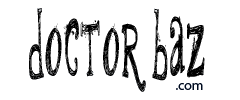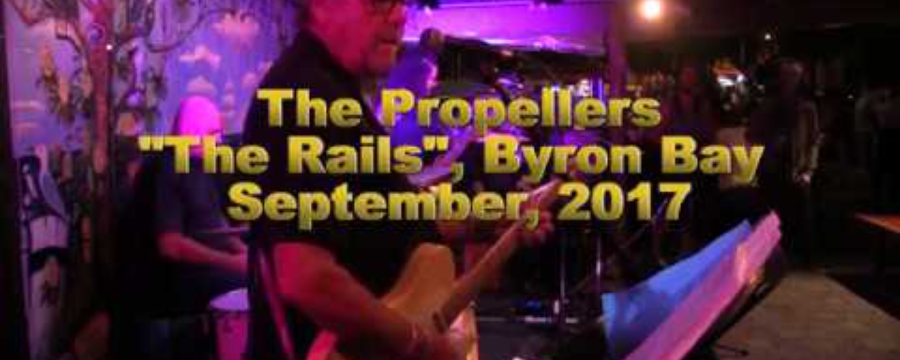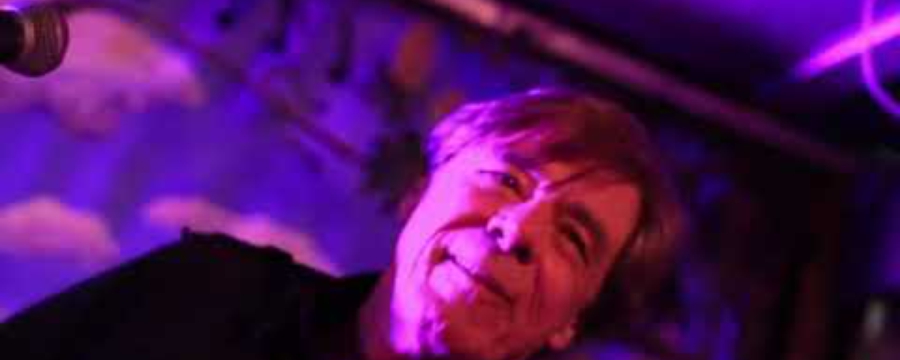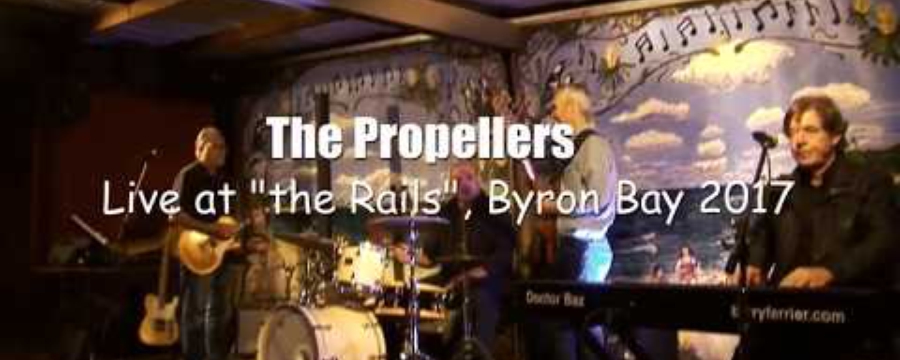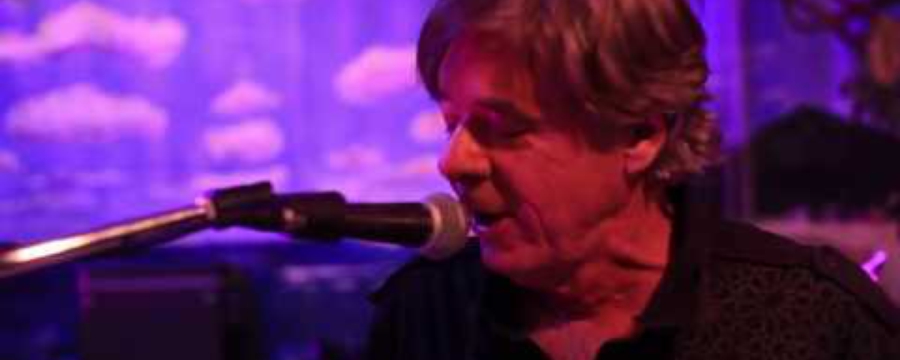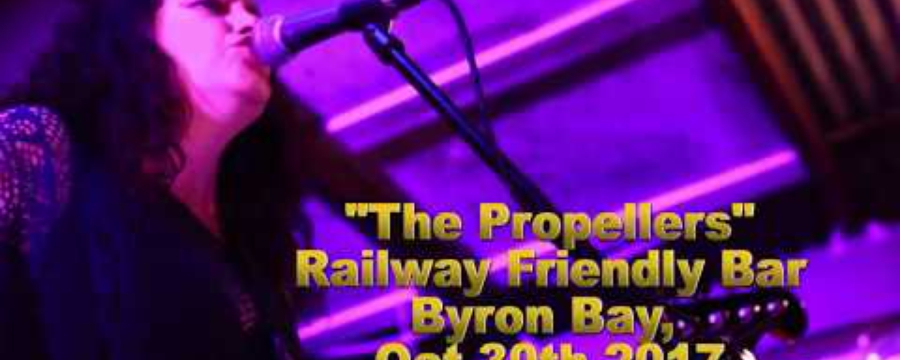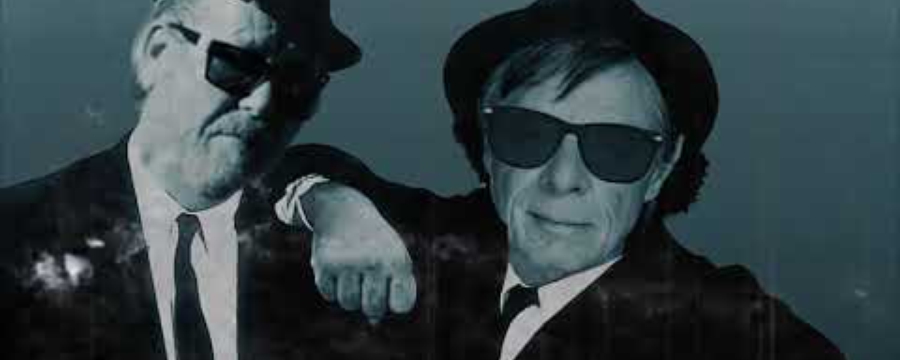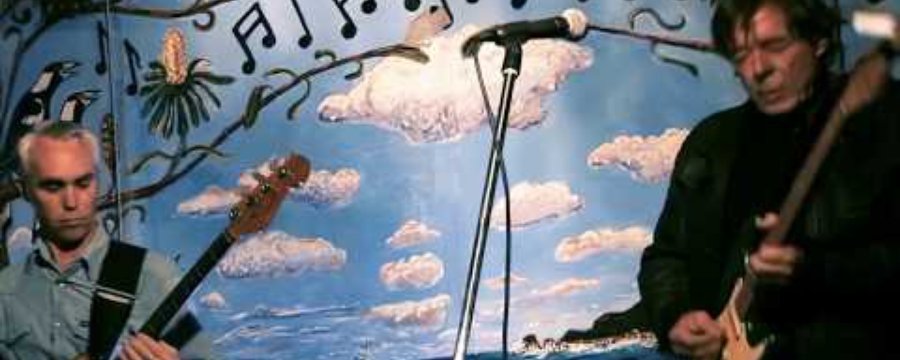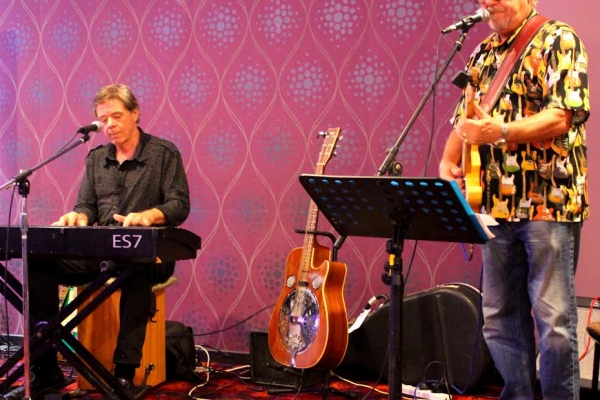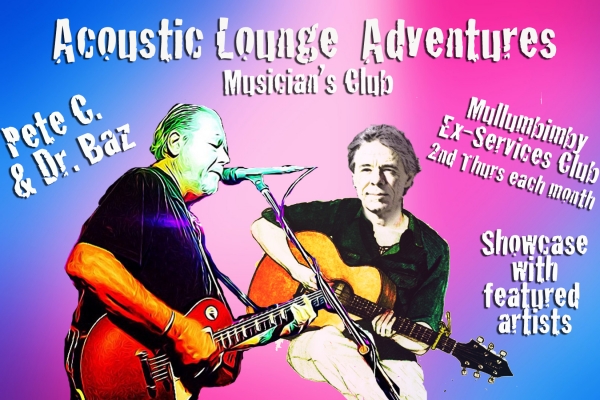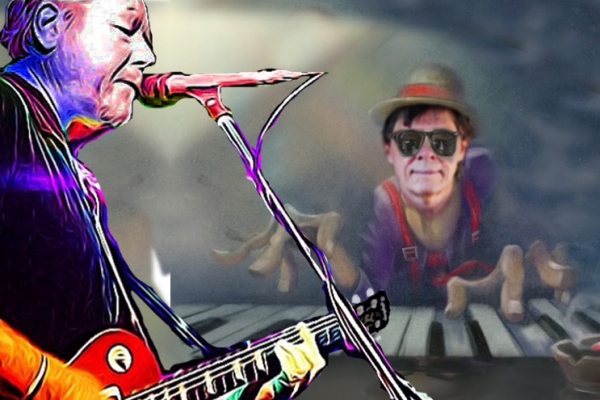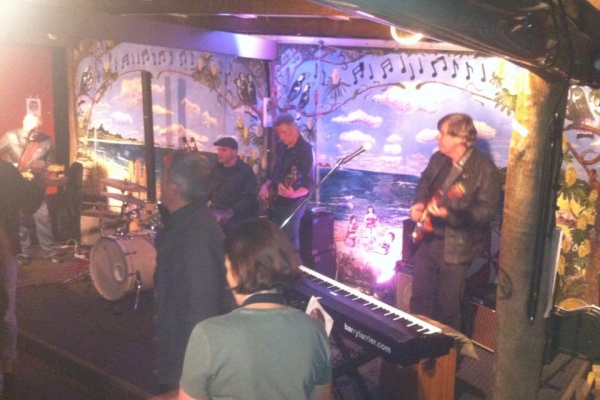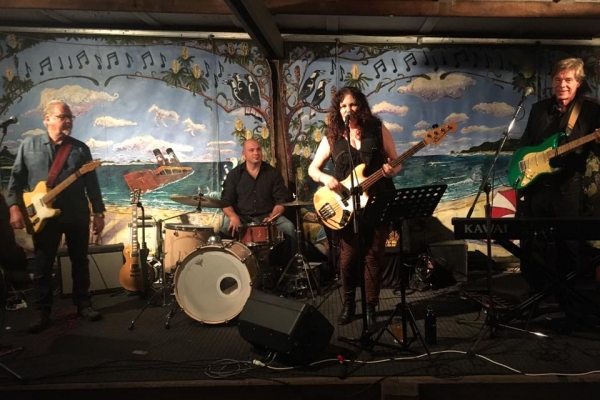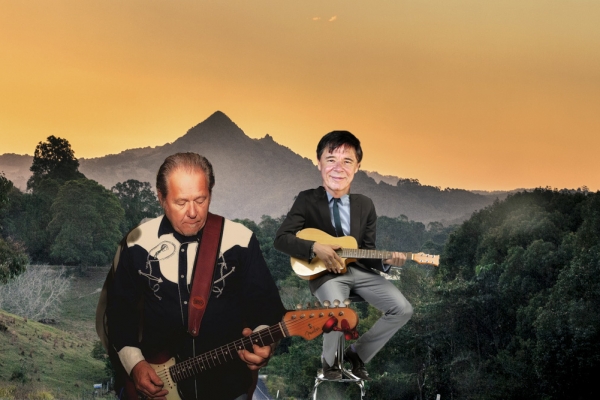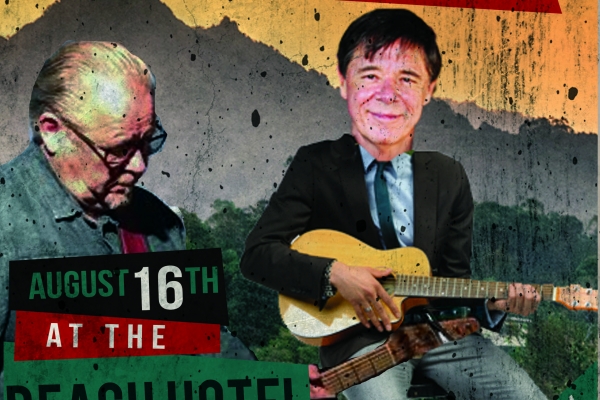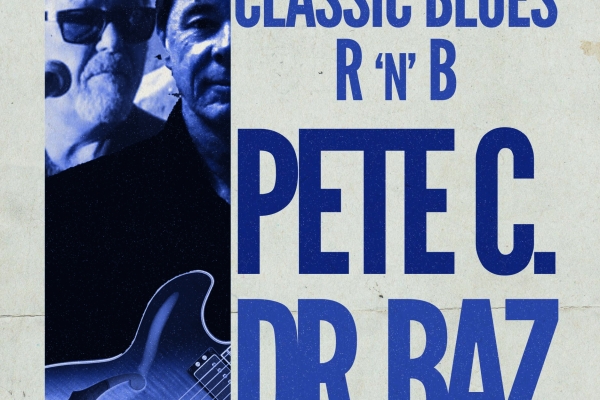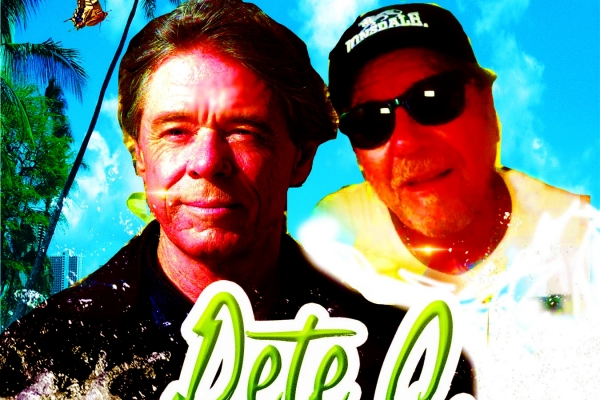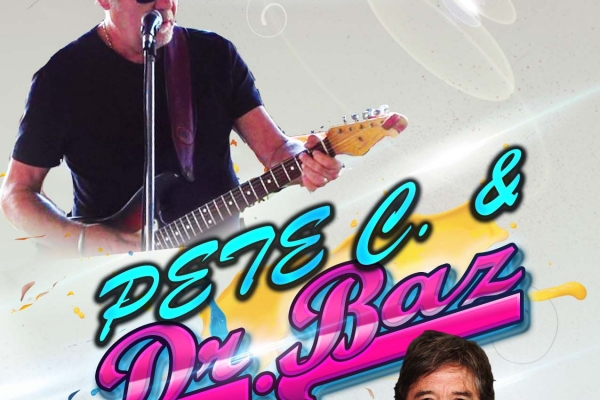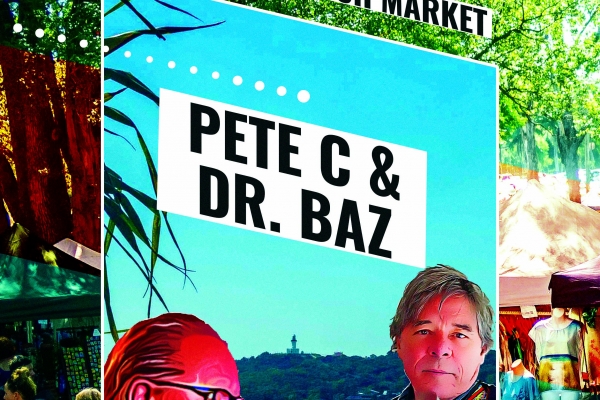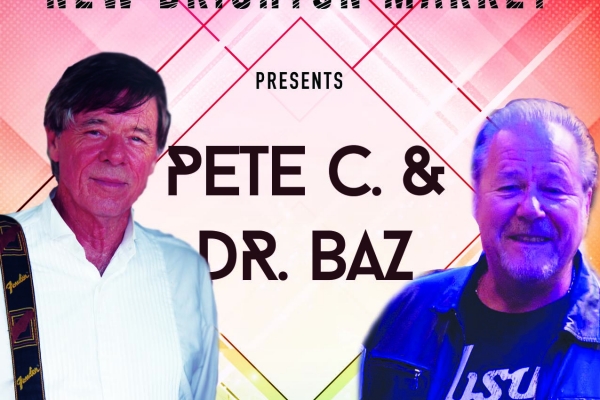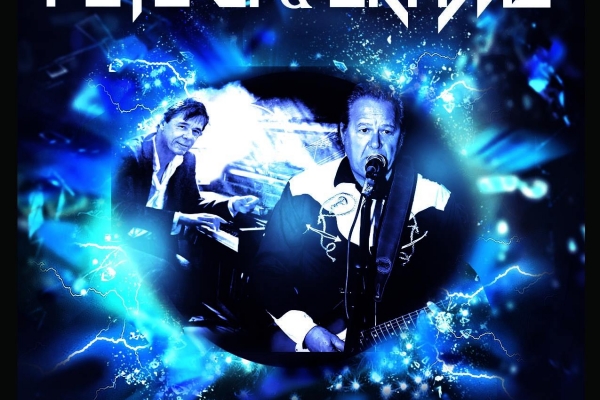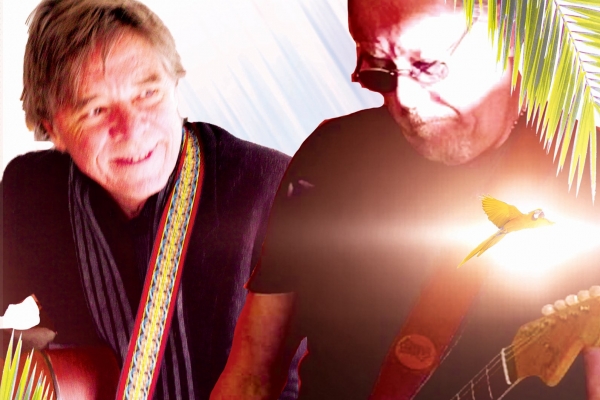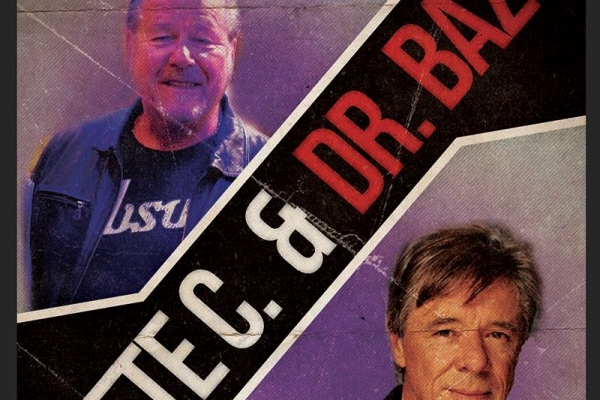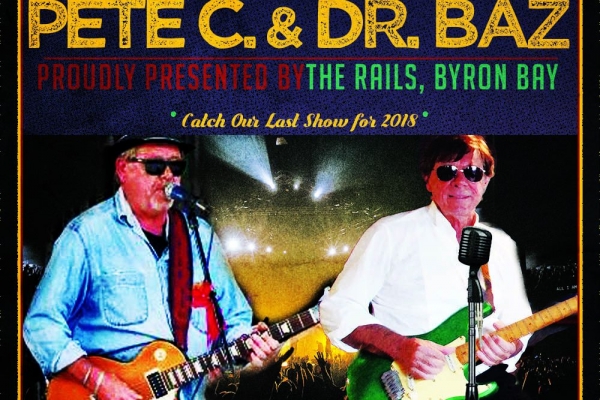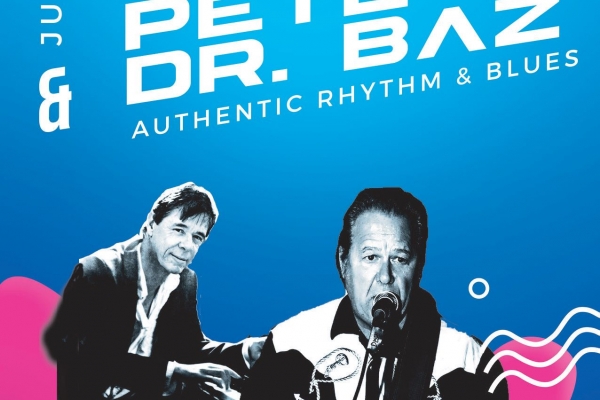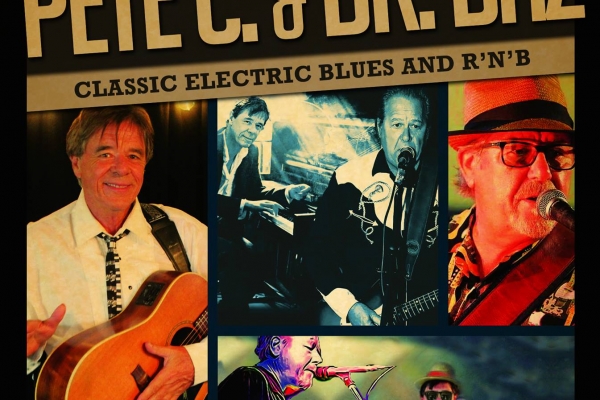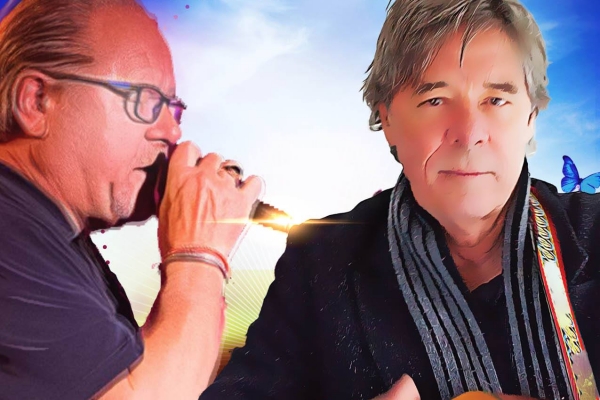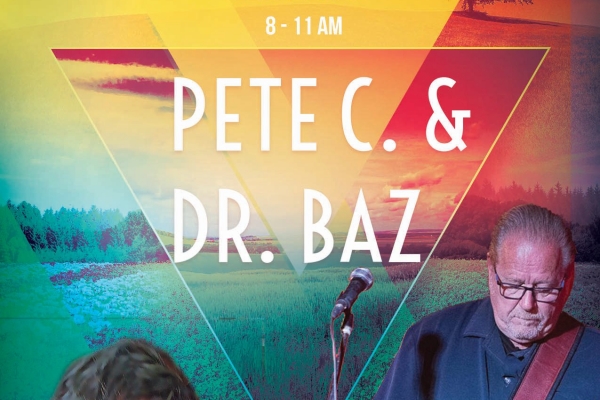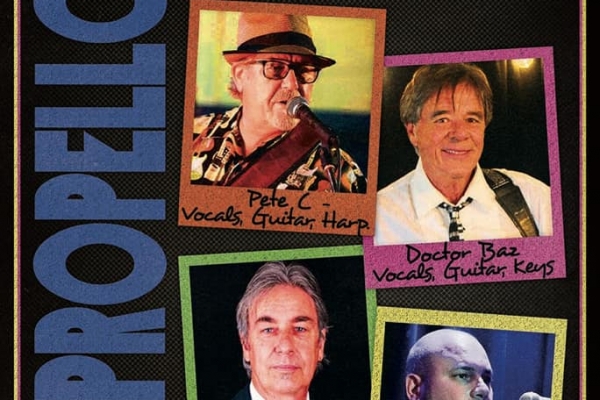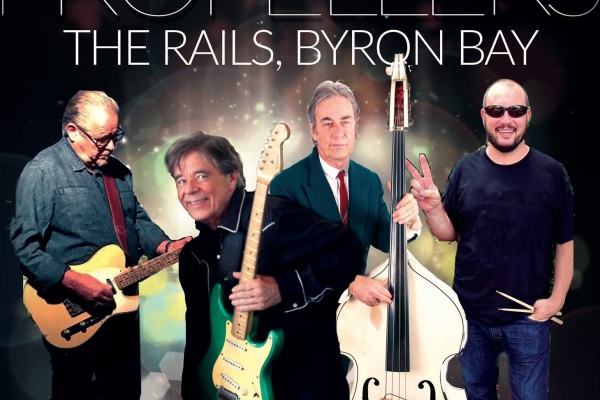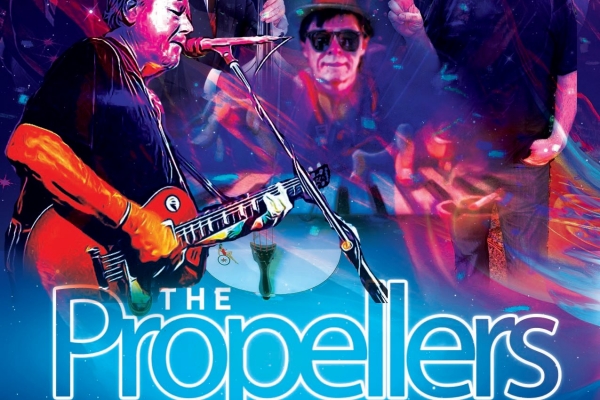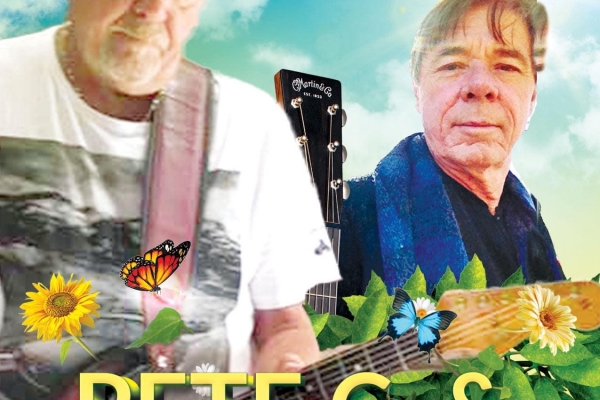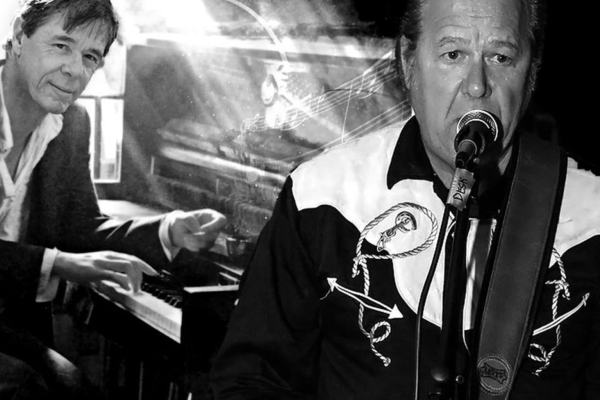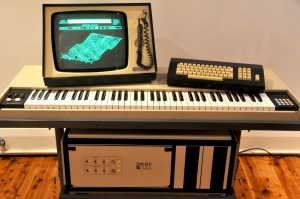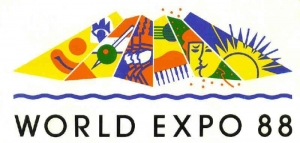Dreams and Machines
The Fairlight CMI (short for Computer Musical Instrument) is one of the earliest complete music workstations with embedded digital sampling synthesizer. It was introduced in 1979 by the founders of Fairlight, Peter Vogel and Kim Ryrie, in Sydney, Australia. It rose to prominence in the early 1980s and competed in the emerging hi-tech music market with the Synclavier from New England Digital.
Australian multimedia artist Barry Ferrier, who had taken an interest in electronic music since working with pioneering Moog Synthesist Andrew Thomas Wilson in the 70s composing the music for Lindsay Kemp's "Salome", was introduced to composing on the Fairlight during downtime while working as a recording session musician for producer Ian Mason at the iconic Music Farm Studios in Mullumbimby NSW. He later became a regular commissioned composer for the Queensland Performing Arts Trust at Brisbane's QPAC. A Fairlight CMI had been purchased by the Trust and Barry's unique knowledge of the groundbreaking computer music instrument was utilised in many theatre shows, workshops and installations during the mid to late 80s. It was the centrepiece to the Kite Theatre Company's children's theatre production "Kris Makes a Machine" at the Cremorne Theatre at QPAC, as well as a Foyer Installation at the Lyric Theatre for "Thunderbirds are Go" and was utilized in innovative workshops conducted by Barry for young Brisbane composers as well as terminally ill adolescents, as part of the QPAC outreach prgramme.
Barry Ferrier was commissioned by the Queensland Performing Arts Trust to compose and perform a concert in September 1985 at the QPAC Concert Hall that was to be an exposition of state of the art digital technology in a performing arts context, featuring the then cutting edge Fairlight CMI IIX and the newly released Fairlight Video Instrument (CVI). The performances featured the Fairlight CMI as part of a rockband (performing the song Android from Ferrier's rock musical "Goodnight World"), as a fifth "member" of a wind quintet, and as the soundtrack to a modern dance piece, choreographed by Ginny Bradley with the Vision Dance ensemble, entitled "Chrysalis", all composed by Ferrier on the Fairlight. The performance included prepared video clips on a giant screen as well as live video processed through a Fairlight Video Instrument. The prepared videos used text performed by Ferrier from the writings of Australian composer Percy Grainger who had written a prescient piece on a future music technology at the turn of the 19th century which described in uncanny detail a concept that pre-imagined the Fairlight CMI projected on a giant screen borrowed from the Sydney Opera House.
Barry Ferrier has recently been recognised for his pioneering work as an electronic music composer by inclusion of one of his compositions in an exhibition mounted as a celebration of the birth of the Fairlight Computer Music Instrument at the National Film and Sound Archive in Canberra on Sept 2nd, 2016.
